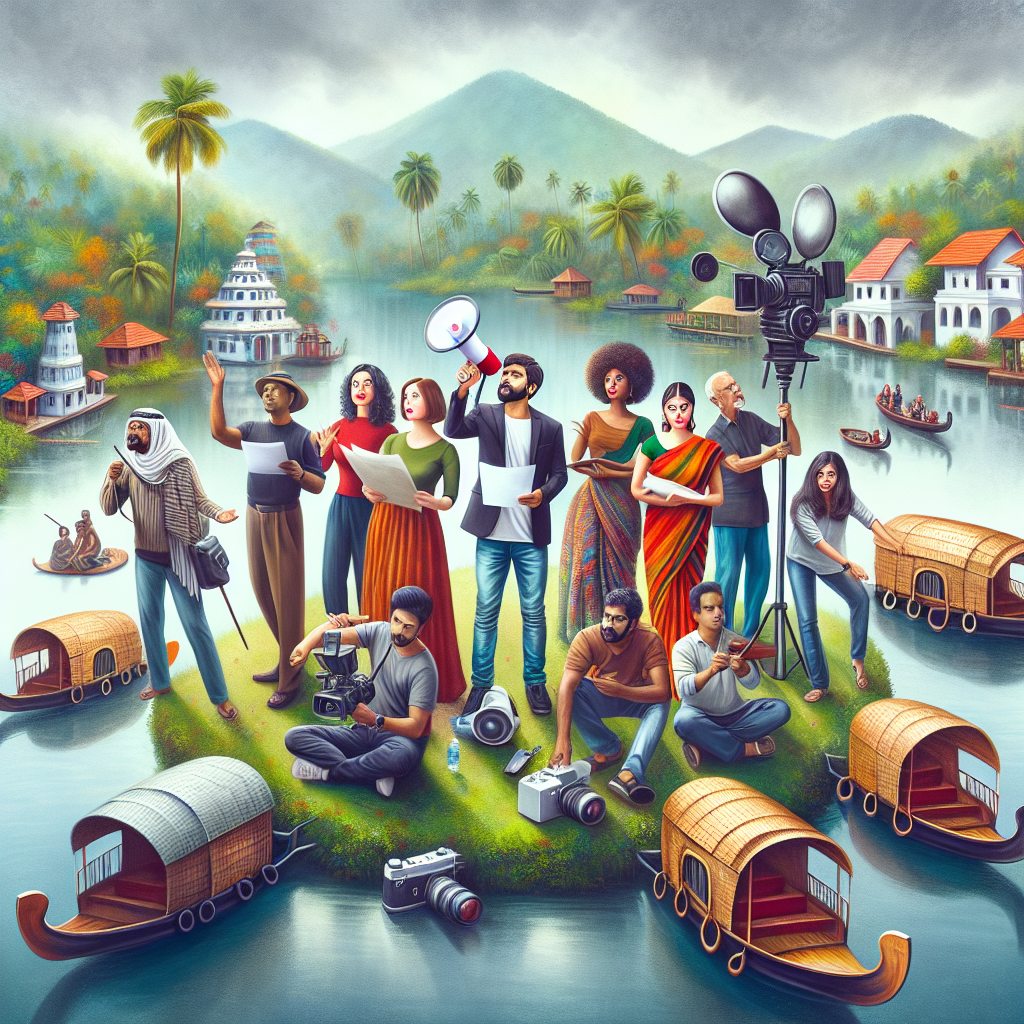A Cinematic View: Bhutan's Cultural Transformation Unveiled
Bhutanese filmmaker Pawo Choyning Dorji's new film 'The Monk and the Gun' captures an essential chapter in Bhutan's recent history through a unique narrative. Set against the backdrop of Bhutan's democratic transformation in 2006, the film examines cultural innocence and modernization. It highlights the intriguing intersection of tradition and global influence.

- Country:
- India
Pawo Choyning Dorji, a Bhutanese filmmaker, explores the nuanced perspectives of cultural transformation in Bhutan through his latest film, 'The Monk and the Gun'. The film, Bhutan's entry for the 2023 Oscars, is set in 2006, a pivotal year when Bhutan transitioned to democracy under King Jigme Singye Wangchuck.
Dorji's film, now streaming on MUBI India, is steeped in symbolism. It follows a young monk in the town of Ura, tasked with procuring a gun for a mock election. This interaction showcases Bhutan's unique cultural journey as it grapples with modern influences while trying to maintain its innocence.
Drawing from personal experiences and being inspired during the global pandemic, Dorji crafts a narrative that questions the impact of modernization on cultural identity. The film also reflects on democratic processes in Bhutan as contrasted to more tumultuous political changes elsewhere, appealing to audiences familiar with worldwide democratic transitions.
(With inputs from agencies.)










